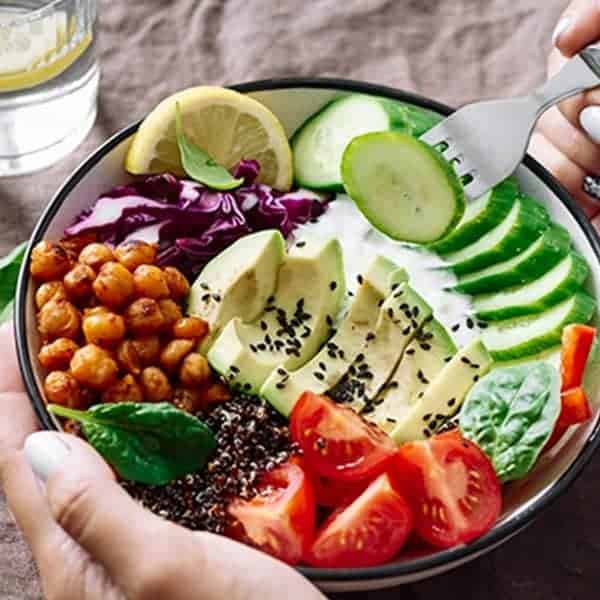You have to know what nutrients are important if you’re either planning on switching to a plant-based diet or already have. You have to understand that an animal-based diet does have several nutrient benefits. Obviously, these nutrients can be found in a plant-based diet, but they’re nutrients you’ll need to pay extra close attention to if you decide to stop animal-based foods.
A plant-based diet has been linked to an overwhelming amount of benefits backed by scientific research. There’s no question that these types of diets put your overall health in the best position possible, yet many people continue to avoid the topic all-together.
Before you make the transition, which we highly suggest you do, make sure your new diet allows for the proper amount of nutrients on a daily basis. You’ll start to see damage physically, mentally, and emotionally if you become deficient in any of the following.
What Nutrients Are Important?
Zinc
Meats are a great source of zinc, but it’s tough to find in a plant-based diet. In addition to that, the grains and beans you eat could have a negative effect on your body’s ability to absorb zinc fully. A plant-based diet will normally call for an increased intake of zinc.
Vitamin D
Vitamin D is another nutrient often added to dairy products and some cereals. People that receive a lot of sunlight throughout the day won’t need a lot of Vitamin D. For those that don’t, a Vitamin D supplement might be your best option due to the nutrient being scarce in most foods.
Iron
Iron is extremely important in a plant-based diet because the iron we receive from plants isn’t absorbed by our bodies as well as animal-based iron. All this means is you’ll need to take a higher amount of iron each day when transitioning to a plant-based diet. Try replacing steak with lentils, dried fruit, or whole grains.
Protein
Protein is an essential building block of life itself and are necessary for our continued growth and development. Many people are under the impression that protein is only found in animal-based foods. Contrary to popular belief, you can find good sources of protein in nuts, lentils, whole grains, quinoa, and different types of seeds.
Calcium
You’re probably used to getting a majority of your calcium from dairy products like milk. In a plant-based diet, you’ll want to get your calcium from your greens like kale, broccoli, and collard greens. Some juices are good sources of calcium, as well.
Vitamin B-12
Much like Vitamin D, it’s going to be hard to find a lot of Vitamin B12 in a plant-based diet. It’s found in a lot of animal-based foods like dairy products. Some foods will be B12-fortified like breads and cereals, which could be a good option for vegans. Otherwise, you might have to go with a supplement.
Omega-3 Fatty Acids
You can get plenty of Omega-3 fatty acids from fish and eggs, but you’ll be avoiding these foods in a plant-based diet. Instead, try eating a good amount of leafy vegetables and using different oils when cooking.
Transitioning to a plant-based diet is what’s best for your overall health, but only if you do it right. You’ll have to do a lot of monitoring with your new diet, but your body will thank you time and time again.

